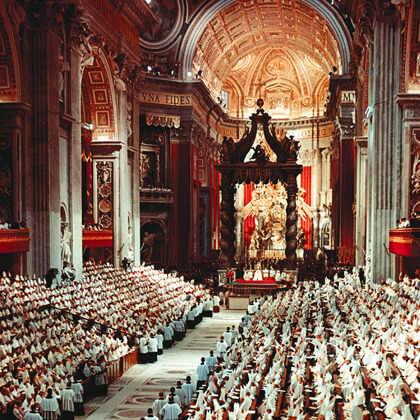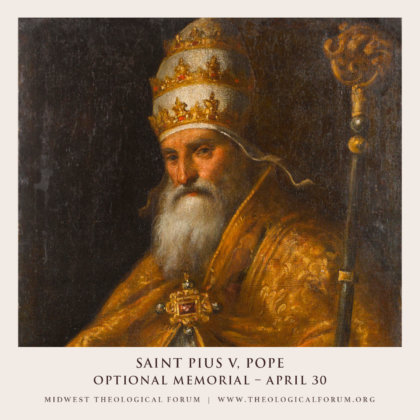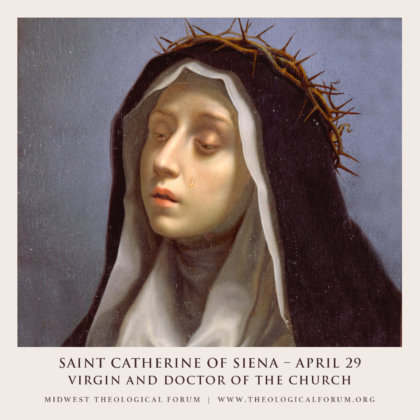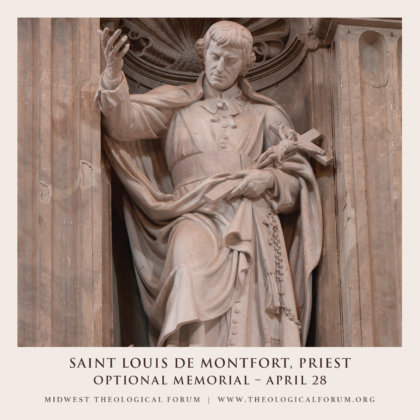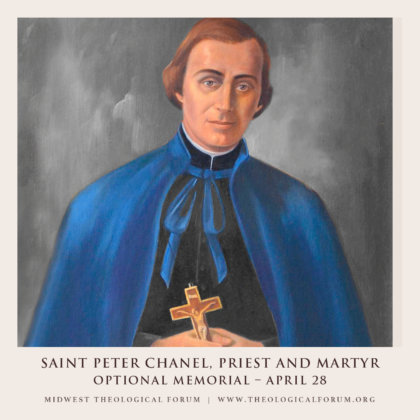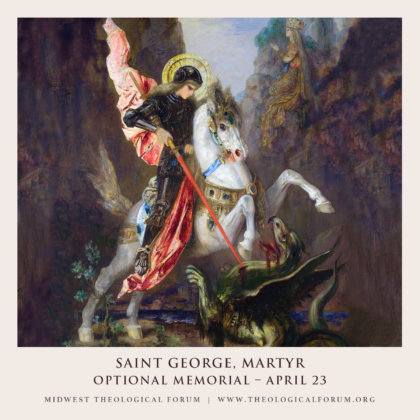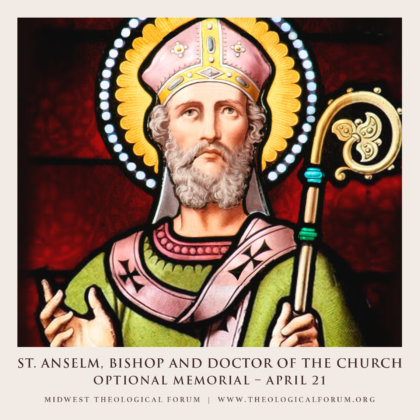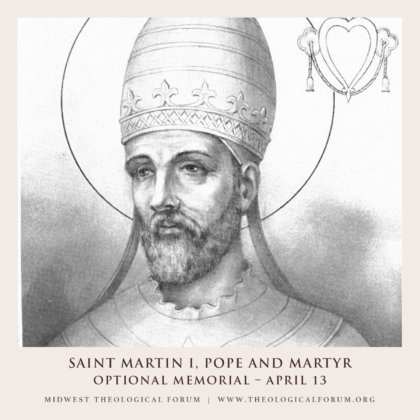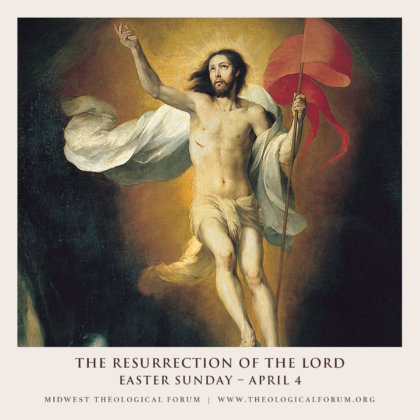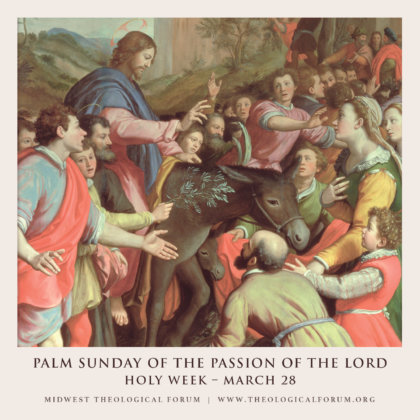*** *** *** Saint Pius V (1504– 1572) was one of the most notable popes of the sixteenth century. A principal leader of the Catholic Reformation, he enforced the decrees of the historic Council of Trent.
~ The pontiff lived an ascetic lifestyle, and expected others in the papal court to also live a simpler life, which did not gain him favor. Instead of partaking in extravagant luxuries, which were the norm, he used resources to help provide food for the hungry. Saint Pius V published the Roman Catechism, revised the […]

